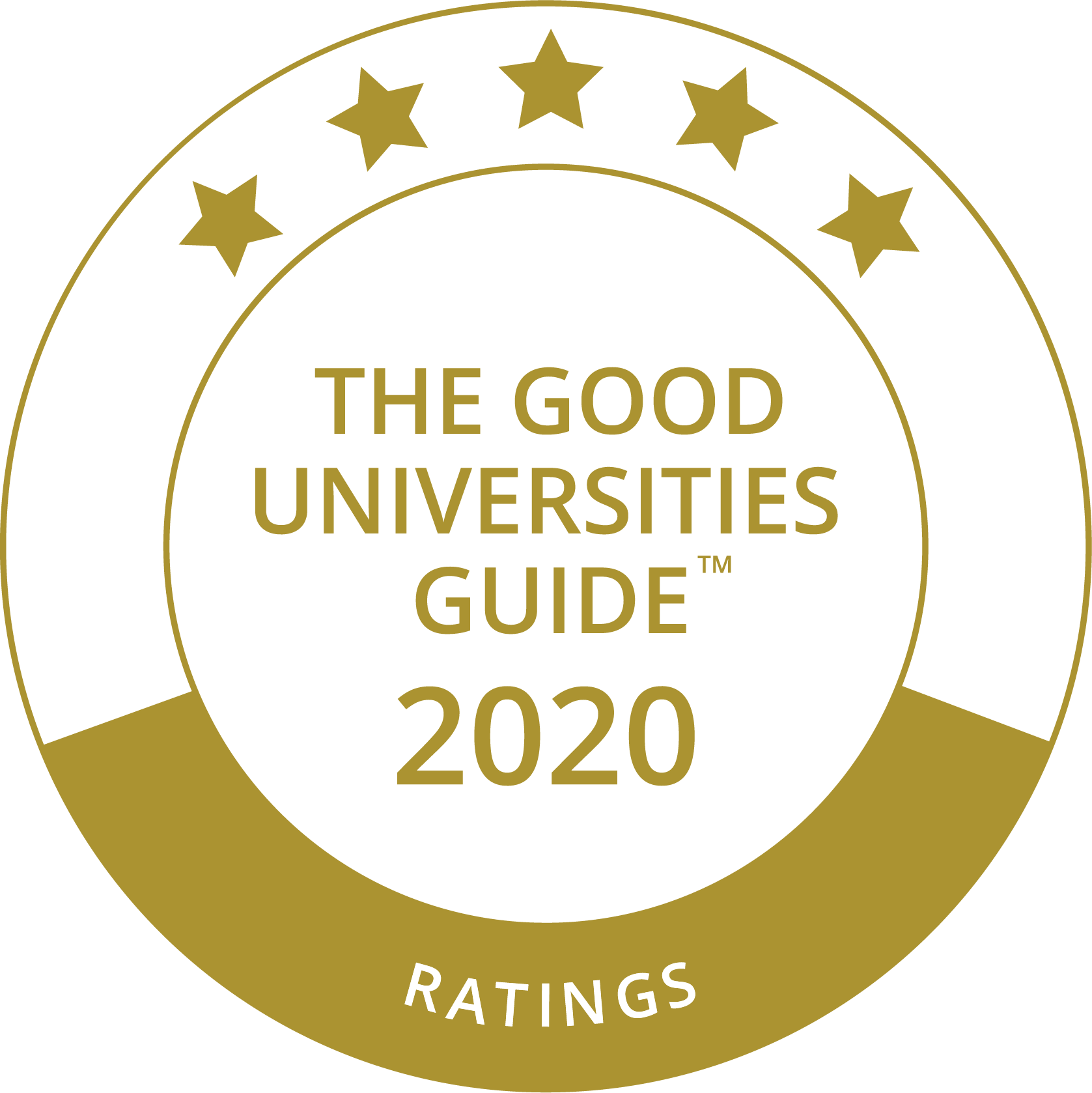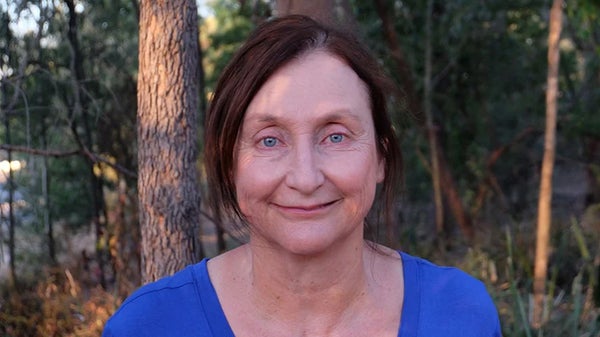Why study mental health nursing with SCU Online?
Advance your career
Pathway to becoming a credentialed Mental Health Nurse
Accredited by the ACMHN
Certified by the Australian College of Mental Health Nurses
Leading in nursing education
#3 in Australia for teaching quality and overall educational experience*
*Good Universities Guide 2025
Enhance your nursing practice
The online Graduate Diploma of Mental Health Nursing will build your understanding of how to effectively respond to people experiencing a range of mental health challenges. Mental health is a growing issue, so this qualification will help to prepare you for a variety of roles within public and private nursing and healthcare settings.
You will learn from leading and clinically active mental health nurse academics; and access current and clinically relevant, evidence-based coursework through a responsive and interactive learning environment. Our course has accreditation under the Australian College of Mental Health Nurses (ACMHN) and upon completion, you can use your new qualification as part of the requirements to become a credentialed mental health nurse.
Quick facts
- Units
8 - Duration
16 months part-time - Fees
$2,875 per unit, FEE-HELP available - Intakes
Jan, Mar, May, July, Aug, Oct
The SCU Online benefits
Learn from clinically experienced academics
Developed in collaboration with passionate, expert mental health providers, this course will prepare you to apply contemporary, evidence-based approaches in practice.
Unparalleled support
Receive academic and non-academic support to assist with your study from enrolment through to graduation. Have full access to SCU campuses, including the library and other facilities.
Flexible learning for your schedule
Manage study, work, and life commitments with ease. Our online program seamlessly fits into shift work, ensuring uninterrupted progress in your education.
How does a Graduate Diploma of Mental Health Nursing work with SCU?
- With no exams, you’ll learn through quizzes, videos, interactive presentations and more.
- Connect with academics and students through online chat platforms and discussion boards.
- Access support throughout the course, including feedback from a learning coach and a dedicated student success advisor from enrolment through to graduation.
- Live classes are optional but encouraged for networking, while the course is self-paced.
- To make the most of your learning experience, we recommend dedicating around 20 hours per week to your studies.
A typical study period at SCU Online
Pathway to masters
The units completed from the Graduate Diploma offer as a pathway into the Master of Mental Health Nursing.
Graduate Certificate
4 Units, or continue studying
Graduate Diploma
+ 4 Units, or continue studying
Masters Degree
+ 4 Units
Entry requirements
To qualify for entry into the Graduate Diploma of Mental Health Nursing, all applicants must:
-
Be a Registered Nurse (Division 1) and have access to mental health nurse practice or mental health nurse practitioners during their course of study, and;
-
Be proficient in English.
If you are not a registered nurse, you could also be eligible for the Graduate Diploma of Mental Health. Find out more about Rules Relating to Awards and Specific Award Rules.
Units of study
This unit will expose you to critical exploration and practical application of the core contexts of mental health within the Australian healthcare system.
This unit explores the experiences of people with complex mental health presentations, co-morbidity and risk behaviours.
This unit introduces you to an evidence-based approach to health practice.
In this unit, you will reflect on your own professional practice and learning, planning strategies to collect, select and reflect on evidence to include in a professional portfolio.
This unit emphasises the life stage and bio-psycho-social contexts specifically related to providing effective engagement and interventions with children, adolescents and older persons.
Enhance understanding and capability of mental health to ensure patient physical health needs are being addressed within holistic mental health assessment, diagnosis and interventions.
Develop a deeper knowledge of psychological approaches and models of understanding that influence a consumer taking constructive change that supports recovery.
This unit explores the varied roles of a mental health professional in the 21st century, within the context of mental health outside of, but articulating with, tertiary services.
Get detailed information about each unit in our course guide.
Learning outcomes
Gain the skills to be well-rounded mental health professional with the ability to work in a variety of mental health roles.
Learn from clinically active academics and gain a contemporary understanding of emerging trends in mental health care.
Develop skills through evidence-based theories and knowledge that can be applied immediately in practice or hospital setting.
What our students do
Despite needing to be a registered nurse for entry into this course, our students work in a wide variety of healthcare settings where they can focus on delivering better mental health care to their patients. To give you an idea of some of the roles our mental health nursing students currently work in, see below for a snapshot.
- Registered Nurse
- Mental Health Nurse
- Case Worker
- Liaison Clinician
- Acute Mental Health Nurse
- Nurse Coordinator
- Midwife
- Health Services Manager
- School Nurse
Our Accreditations and Endorsements
Our online programs meet all of the AQF guidelines, ensuring quality education.
5-STAR Rating for Full-Time Employment, Overall Experience, Student Support, Learning Resources, Teaching Quality and Skills Development.
Southern Cross University is one of the world's Top 100 Young Universities.
Accreditation by the Australian College of Mental Health Nurses (Diploma and Master's level).
Frequently asked questions
Yes, many universities now offer online courses in mental health nursing to provide flexible learning for working professionals. Online programs combine theoretical knowledge with practical placements, ensuring students meet national nursing standards and gain hands-on clinical experience.
The Graduate Diploma of Mental Health Nursing Online at Southern Cross University is delivered online, allowing registered nurses to develop advanced skills in clinical assessment, therapeutic interventions, and leadership while continuing to work. This diploma of mental health nursing provides a pathway to specialised practice and career progression.
Earnings for mental health nurses in Australia vary depending on experience, location, and sector (public vs private). Entry-level roles focus on clinical or community care, while senior, specialised, or leadership positions offer higher earning potential and career advancement opportunities., or leadership positions offer higher earning potential and career advancement opportunities.
Completing a Graduate Diploma in Mental Health Nursing at Southern Cross University can support progression into these higher-responsibility roles by developing advanced clinical, leadership, and specialist skills.
To work in mental health in Australia, you generally need nursing registration or a relevant health qualification. For specialised roles, postgraduate-level education is often preferred, alongside supervised practice and professional accreditation.
The Graduate Diploma in Mental Health Nursing at Southern Cross University is suitable for registered nurses seeking advanced knowledge and skills. It builds on prior qualifications and supports progression into specialised mental health roles, leadership positions, or further study. This diploma in mental health nursing is also recognised for professional development and pathway opportunities.









